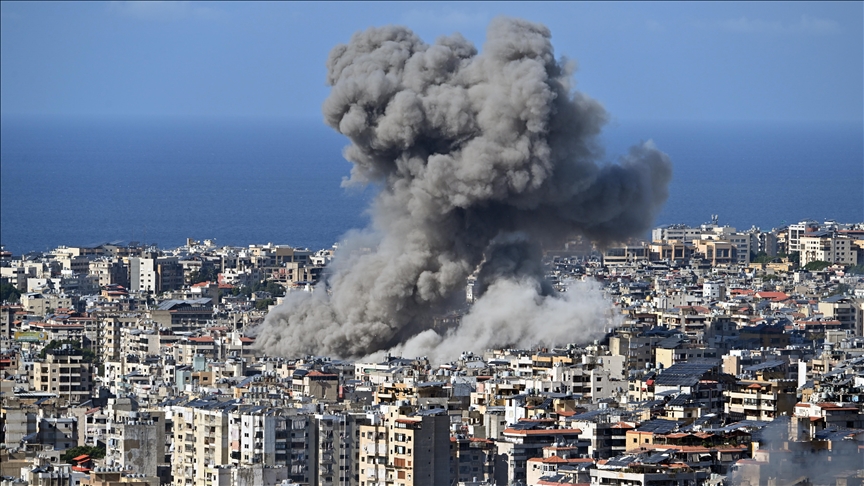North Korea's satellite launch ends in failure, raising alarm and tensions
Pyongyang's intended space mission results in a crash, triggering false alarms and concerns in neighboring countries.

 Google News'te Doğruhaber'e abone olun.
Google News'te Doğruhaber'e abone olun. North Korea has announced that its attempt to launch its first space satellite ended in failure, with the satellite crashing into the sea. The planned satellite launch was initially aimed at monitoring US military activities and was scheduled to take place by June 11.
According to the official Korean Central News Agency, the National Aerospace Development Administration of the Democratic People's Republic of Korea confirmed that the military reconnaissance satellite, named 'Malligyong-1,' was launched as scheduled at the Sohae Satellite Launching Ground in North Phyongan Province at 06:27 on May 31. However, shortly after the first-stage separation, an accident occurred, resulting in the new-type satellite carrier rocket, named 'Chollima-1,' crashing into the West Sea of Korea.
The agency stated: “The launched new-type satellite carrier rocket 'Chollima-1' crashed into the West Sea of Korea along with the loss of thrust because of an abnormal start of the second-stage motor after the first-stage separation while making a normal flight.”
A spokesperson for the National Aerospace Development Administration highlighted that a thorough investigation would be conducted to determine the cause of the accident. Initial assessments suggest that the failure lies in the reliability and stability of the new-type motor system integrated into the satellite carrier rocket, as well as instability in the specifications of the fuel used.
Undeterred by the setback, North Korea affirmed its commitment to address the shortcomings, conduct detailed investigations, and implement urgent scientific and technological measures to overcome the challenges encountered. The intention is to carry out a second launch as soon as possible through various partial tests.
Meanwhile, the failed satellite launch caused confusion and panic in the South Korean capital, Seoul, and triggered a false alarm. The city's residents woke up to the sound of air raid sirens and emergency messages instructing them to prepare for an evacuation. However, after 20 minutes, authorities admitted that the alarm had been sent in error, causing frustration and potentially eroding public trust in the alert system.
The incident underscores the high stakes and ongoing tensions on the Korean Peninsula, where strained relations between North and South Korea have persisted for over seven decades. The false alarm, albeit unintentional, has the potential to further damage public confidence in the alert system and heighten anxieties in the region. (ILKHA)



















































